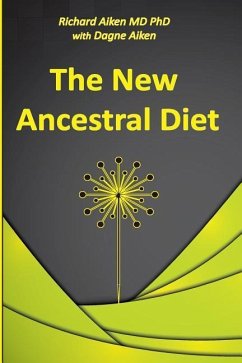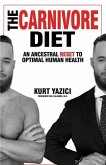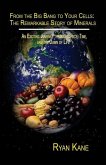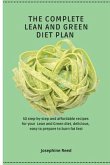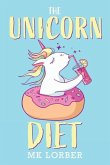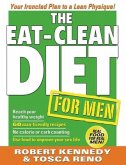We as primates have struggled mightily during the past 85 million years to find and eat enough food for survival. Fortunately, every one of your ancestors was successful so that you might succeed in that same endeavor. However, today that survival is in jeopardy. Recently and suddenly, from an evolutionary standpoint, the problem of subsistence in "civilized" countries has inverted: we have plenty of food but are not making selections that lead to long-term survival. Our plant-based ancestral diets for which we have become genetically adapted have become animal-based. For thousands of millennia, primate nutrition happened while seeking a wide variety fruits and vegetables sufficiently energy-dense to supply our needed daily calories. Today we still seek energy-dense foods, but in the form of high fat animal products or sweet processed foods. Nutrient-dense foods, formerly our staples, are tolerated as side-dishes. Taste, the most primitive of our senses, over the eons existed for our survival (as all the other senses), that is, to deselect plants sufficiently bitter as likely toxic or non-digestible. With the expansion of our brain capacity, taste was joined by higher brain regions' appreciation of flavor. The result is a demand for flavorful energy-dense foods. Every meal experience must "taste good". Dietary patterns based on such flavorful energy-dense foods has lead to chronic inflammatory states with high morbidly and mortality in the Western world. This book suggests a return to our true ancestral dietary patterns, supplemented by what is known from the latest scientific research concerning nutritional health. It is clear that we have evolved to be quite versatile eaters and while we can eat a variety of foods, a whole-food varied plant-based diet is best for our long-term survival as healthy and happy primates. Following the high nutrient density to energy density ratio, we recommend a dietary emphasis on green vegetables, particularly leaves, followed by all colors of vegetables, beans/legumes, then underground storage organs followed by a modicum of grains, nuts, and seeds. Personal opinions have been kept to a minimum. Most of the information presented herein is from recent peer reviewed scientific sources. For improved readability, these have been collected at the end of the book for each chapter section and subsection.
Hinweis: Dieser Artikel kann nur an eine deutsche Lieferadresse ausgeliefert werden.
Hinweis: Dieser Artikel kann nur an eine deutsche Lieferadresse ausgeliefert werden.

